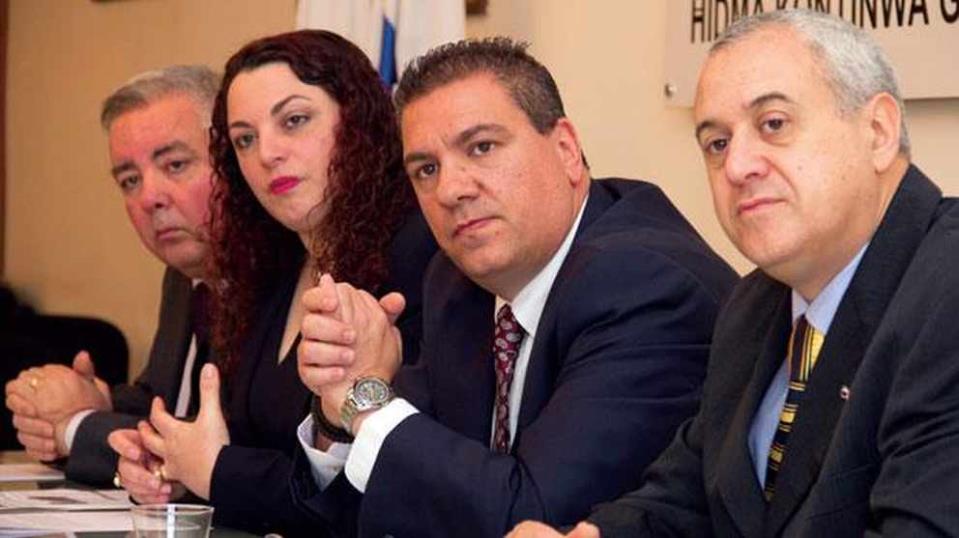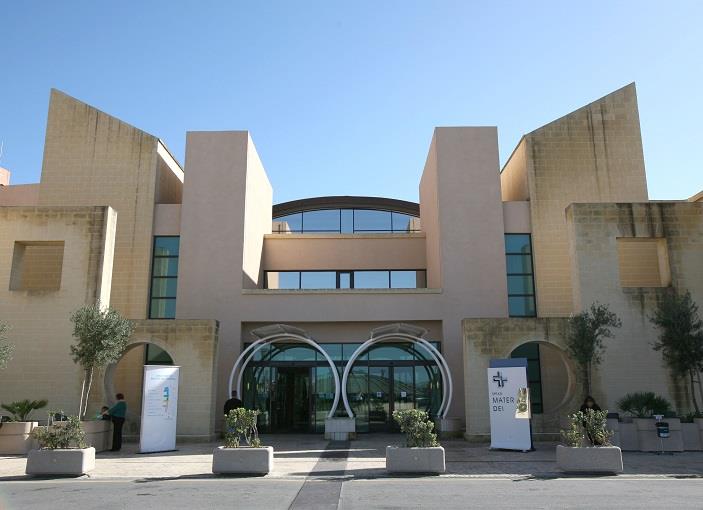General Secretary of the Malta Union of Midwives and Nurses Colin Galea speaking to The Malta Independent on Sunday said that public healthcare services are short of nurses and need 400 more to meet local demand.
His comments come in the light of the discovery, made by this newsroom, of government advertisements in Italy calling for nurses to come and work in Malta for approximately €30,000 per year.
As it stands, there are around 3,300 nurses working in the public sector, Mr Galea said. The number of nurses required to ensure a safe and efficient service needs to be increased by 12.1 per cent.
Nurses are the backbone of the public health sector, as they have the most contact with patients and are almost fully responsible for their experience.
The public healthcare sector is made up of Mater Dei Hospital, St Vincent De Paul, Karen Grech, Gozo General Hospital, Mount Carmel, the newly-built Oncology department, various state-run homes for the elderly, community services and the various health centres (polyclinics).

There are eight polyclinics listed on the Ministry of Health website; however there are an additional number of health clinics which fall under the responsibility of local councils. These too require nurses.
“At present, Mater Dei needs 200 more nurses, St Vincent De Paul needs 50, and other hospitals and facilities need another 150,” Mr Galea explained.
Mr Galea said the situation in St Vincent De Paul is even worse: “In the night shift, there would be about 40 patients in one ward with one nurse and two carers who are support staff.”
Asked about the optimal nurse-to-patient ratio, he said there is a local study underway seeking to find the answer; however in the case of St Vincent De Paul, at least three to four nurses per ward are needed to ensure the best possible service for patients.
The assumption here is that if a number of patients experience problems during the night, patient care would suffer due to insufficient staff. There are protocols in place to call medical staff in the case of emergencies and time is a critical factor in these situations. In addition to this, the pressure nurses are being put under because of a lack of staff is both mentally and physically draining.

“There is practically no relieving pool, so when a nurse is sick he/she must find somebody to replace them. If they cannot find anyone, taking sick leave becomes very difficult. More so, nurses do not usually cover for their sick colleagues unless they know that the colleague in question would return the favour, so effectively, nurses are not getting the sick leave they are entitled to.
“Another big issue is the fact that many nurses burn out because they have to work overtime because of a lack of staff, which they find very difficult because they are so tired.
The advert includes a two-year contract, which may be renewed, with a 40-hour work week that can go up to ‘forty-six point five hours’ in case overtime is needed. Candidates must also have a degree in nursing, European citizenship, a clean police record and must also be able to speak English.
This is troubling news when one considers the rapidly ageing population and the resulting strain this will put on the health sector. In addition to this, government investments such as the increase of hospital beds will necessitate even more nurses to man the wards. The shortage of nurses and the need for 400 more do not take into account the projected increase in demand over the coming years.

Apart from planned future investment, these shortages do not consider the number of private clinics that employ nurses and private hospitals such as St James, which is reported to require 50 nurses.
Mr Galea said discussions are currently taking place with a British university for the purpose of bringing more nurses, presumably student nurses, to the island to counteract the shortage.
A government spokesperson said: “Calls issued by the government to employ nurses are open to local and EU nationals as well as third country nationals with a permanent residence permit. In view that these calls do not meet the whole local demand, calls from time to time are made in countries where there are surplus or unemployed nurses, namely Italy, Spain, Greece and Cyprus.”
Initially, concerns were raised due to the seemingly high salary being advertised, however a government spokesperson clarified:
“The basic salary for nurses in the public sector as well as for these prospective applicants is placed as Scale 10, starting approximately with €17,631 annually. Adding Sundays and a 46-hour week, CPD allowance, nursing premium, public holiday rates and bonuses, the salary can stand at a gross of approximately €30,000 annually.”